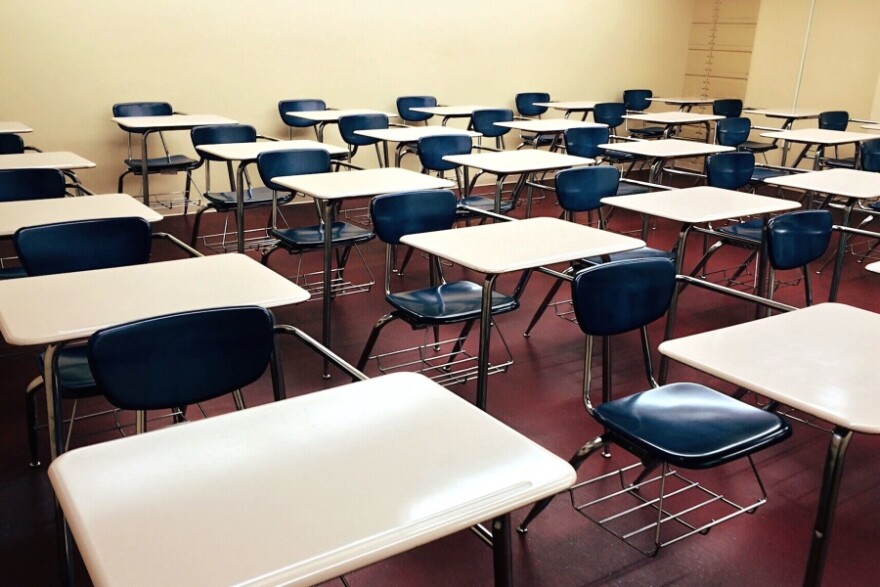Lower standardized test scores amid the pandemic have Oklahoma lawmakers’ attention, but using them to compare districts or even schools may not be possible.
Less than one-fourth of students are proficient in math or English language arts, and scores in 2021 were down across the board from 2019. Standardized tests were not administered in 2020.
Rep. Rhonda Baker (R-Yukon) said during an interim study this week she’s concerned but noted lawmakers value public education.
"I think that's evidenced by the $3.2 billion budget we passed last session. We value educators. We understand they are the boots on the ground and they're doing the best that they can, so we cannot let that go unnoticed. But we definitely need some answers," Baker said.
While 92% of students tested in 2021, participation varied widely, with some schools down in the 30s. Officials with the State Department of Education said rates below 95% become less reliably representative of all students, and once they fall to 65%, they cannot be considered representative.
That drew a question from Rep. Kyle Hilbert (R-Bristow).
"Would it be fair to say since only 92% of the students took these tests that while these results are bad, the actual learning loss is actually even worse than what the results show?" Bristow said.
"It certainly could be in certain communities, and keep in mind some of the school districts had far above 92% or 95%," said State Superintendent Joy Hofmeister.
OSDE extended the 2021 testing window, giving schools additional time to administer standardized tests to help accomodate social distancing and other needs. Rep. Chad Caldwell said he heard of districts still keeping testing to a week.
"I don't care what type of school it is, has there been follow-up conversations with those districts on why they chose to ignore your guidance? Why they chose to rob their community of some pretty valuable data, especially in this important time?" Caldwell said.
Hofmeister said there had been "robust conversations" between OSDE and certain administrators about their testing practices.
"It is troubling to me, and that is not something that is a new conversation with any school superintendent that is not appreciating the civil rights aspect of understanding where children within each grade level, within each subject content area in their school or in their district would be if they are a special education student, a student that is an English learner, economically disadvantaged, homeless, et cetera," Hofmeister said.
OSDE is using federal virus relief funding for a variety of initiatives to help kids catch up. Its Ready Together Oklahoma plan includes grants for after-school programs, a math tutoring corps and reading instruction academies.
But districts are getting funding, too. Hofmeister says communities must hold local officials accountable.
"Are they paving a new lane in the pickup line, which may be warranted in their mind because they don't want as many kids on buses? I don't know," Hofmeister said. "Or is it more important for that community to have summer school, opportunities for not just students who have been historically underserved or are having a difficulty, but now all of the kids."
Hofmeister warned lawmakers they must address problems like poverty and hunger that make it harder for kids to learn.
Rep. John Waldron (D-Tulsa) made an observation during the interim study about an OSDE map showing test participation rates.
"So, the pandemic has had a tremendous impact on schools, and what we kind of see here is a trauma map of the difficulties the pandemic inflicted on the system," Waldron said.
Lawmakers, education officials and other experts agreed in-person instruction is vital to improving student outcomes.





